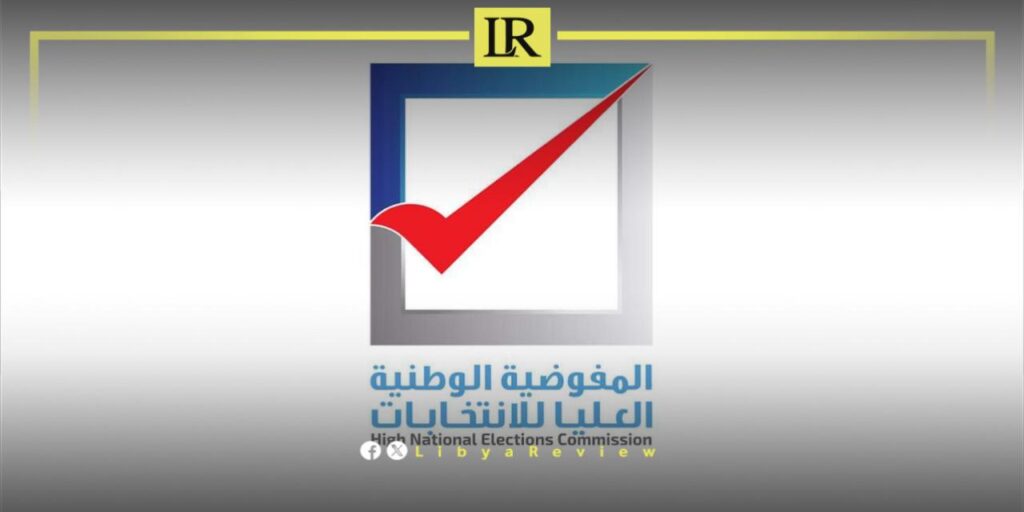The High National Elections Commission (HNEC) in Libya announced on Tuesday the distribution of 96,350 voter cards for the first phase of municipal council elections.
According to the commission’s statement, the voter cards were distributed as follows: 67,097 cards to men and 29,253 to women.
Earlier, on 8 August, the HNEC outlined a three-step process for the distribution of voter cards.
First, voters are required to visit their registered polling station with a valid form of identification, such as a passport, family booklet, or national ID card.
The second step involves presenting this identification to the identity verification officer. Finally, the voter signs a delivery register and receives their voter card.
The total number of registered voters for the first phase of the municipal council elections stands at 210,545, according to HNEC.
Libya has been in chaos since a NATO-backed uprising toppled longtime leader Muammar Gaddafi in 2011. The county has for years been split between rival administrations.
Libya’s economy, heavily reliant on oil, has suffered due to the ongoing conflict. The instability has led to fluctuations in oil production and prices, impacting the global oil market and Libya’s economy.
The conflict has led to a significant humanitarian crisis in Libya, with thousands of people killed, and many more displaced. Migrants and refugees using Libya as a transit point to Europe have also faced dire conditions.
The planned elections for December 2021 were delayed due to disagreements over election laws and the eligibility of certain candidates. This delay has raised concerns about the feasibility of a peaceful political transition.
Despite the ceasefire, security remains a significant concern with sporadic fighting and the presence of mercenaries and foreign fighters. The unification of the military and the removal of foreign forces are crucial challenges.


